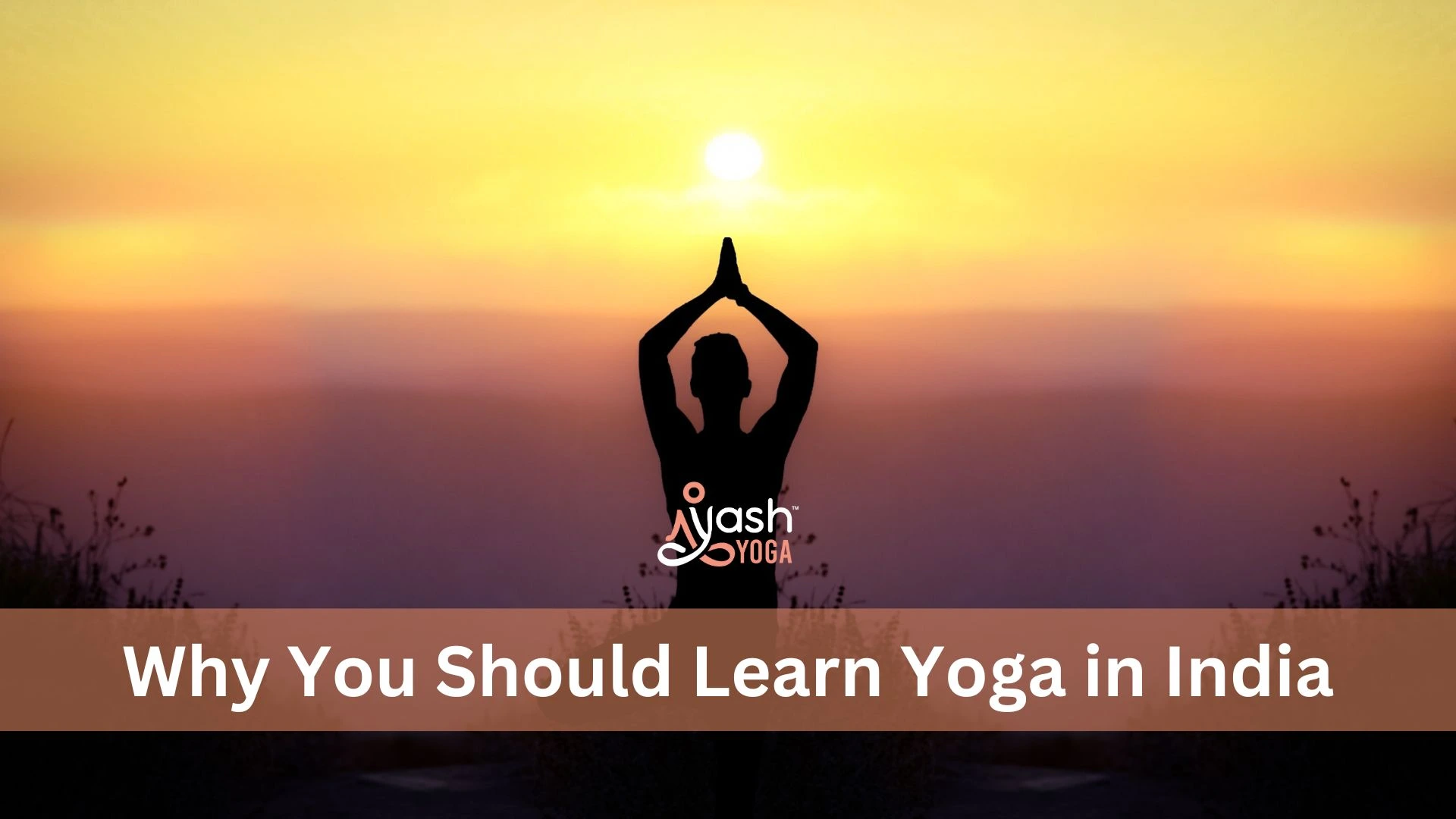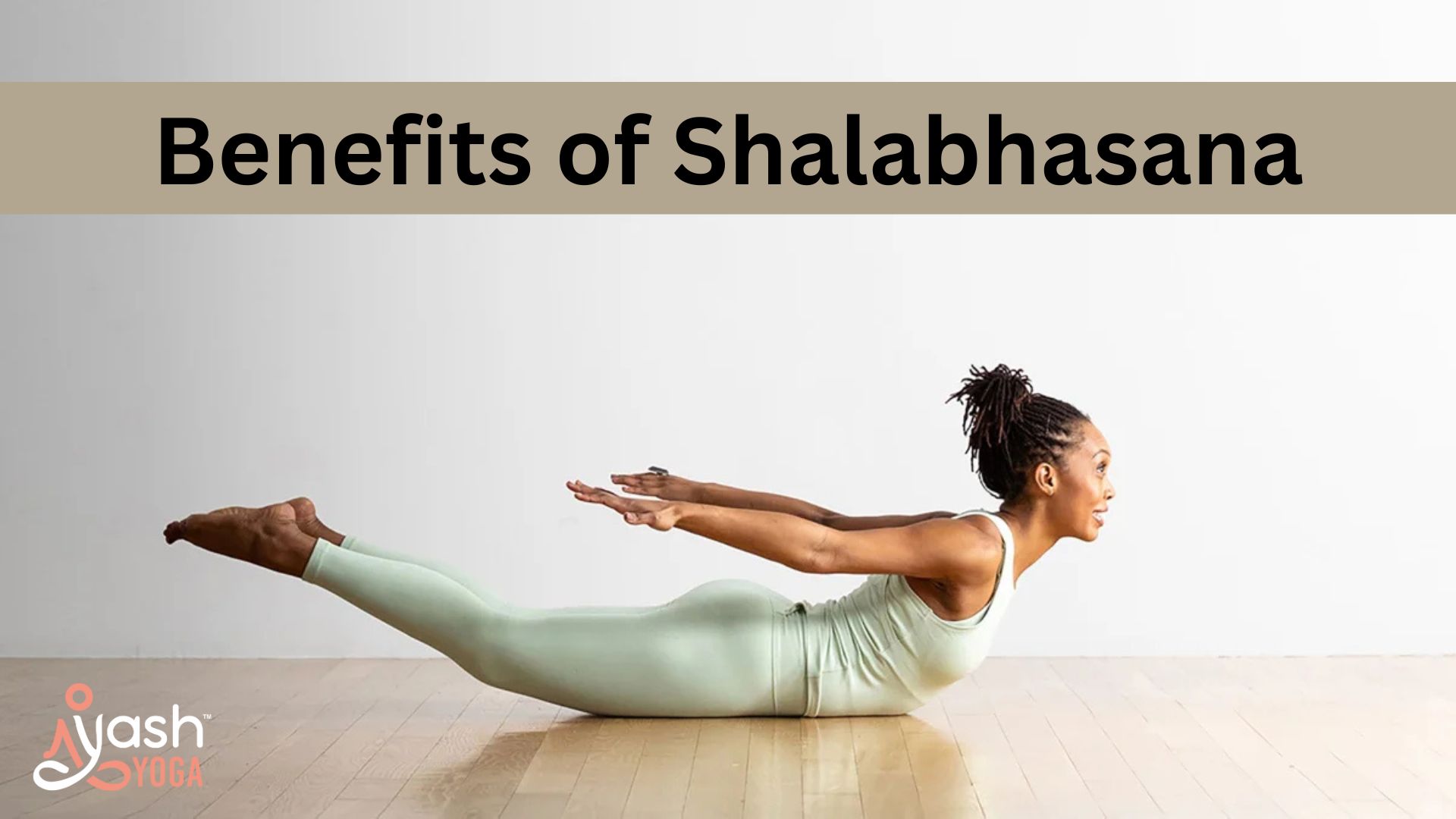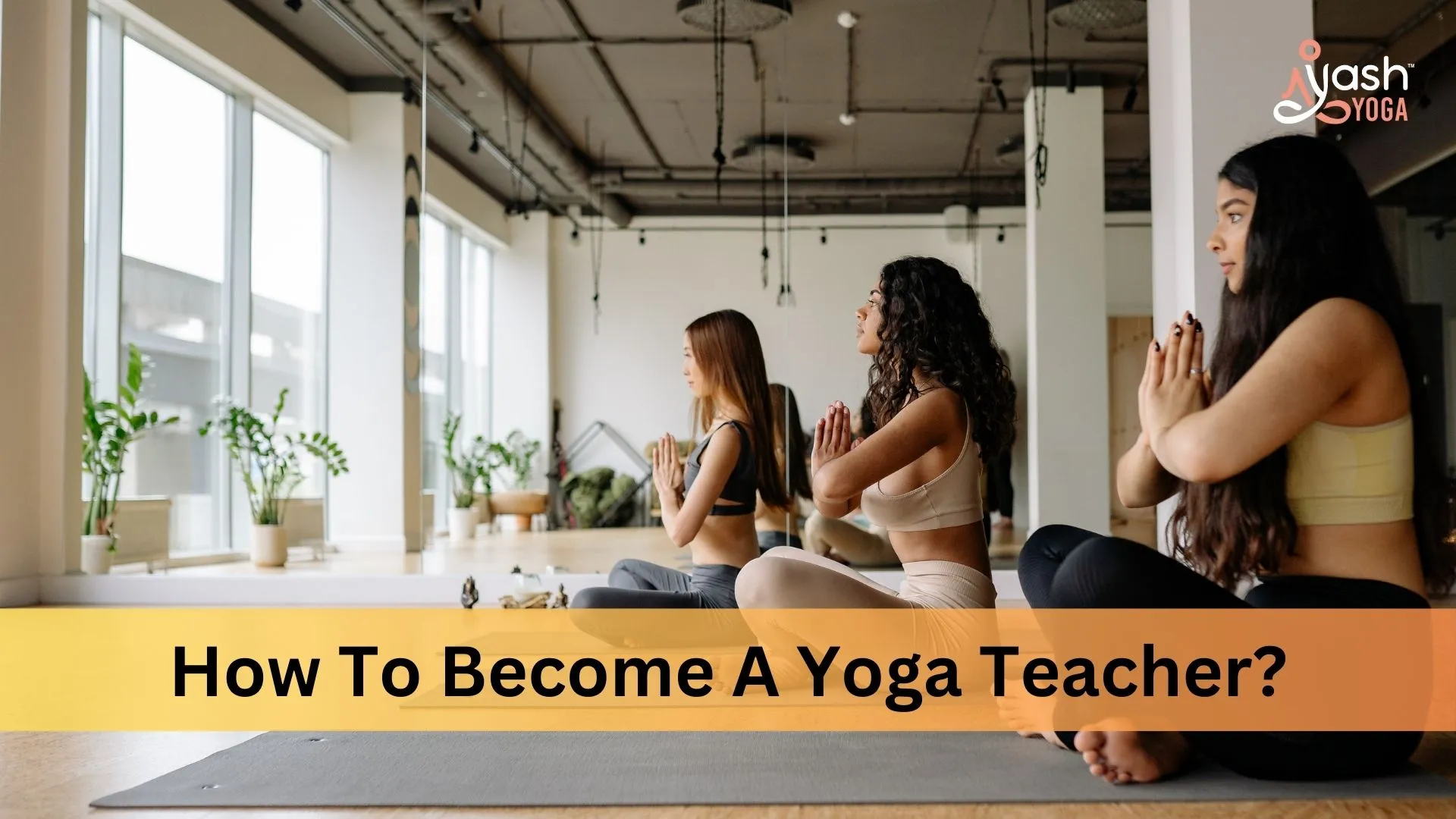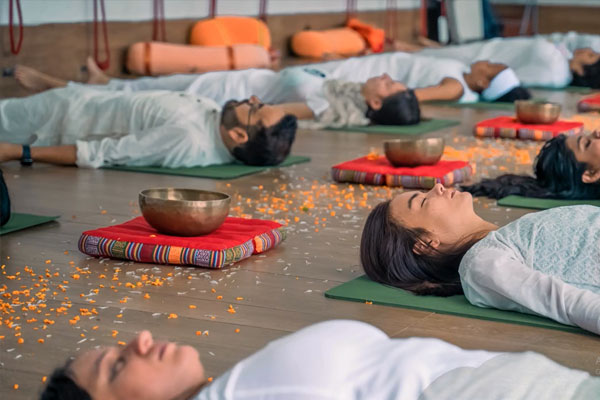Originating from India, yoga is a 5,000-year-old tradition; it's not merely a physical activity but a holistic journey uniting the body, the mind, and the soul. Whether you are a beginner looking for a beginners yoga course a wellness enthusiast looking into taking a yoga therapy course or aspiring to become a certified teacher via some certified yoga instructor course, India has something to offer that is so unique for that. Let us discover some of the top five reasons why learning yoga in India is an experience.
Whether joining a beginners yoga course, being interested in a yoga therapy course, or trying to be a certified teacher using a certified yoga instructor course - India has something uniquely to offer. Let's check out the top five reasons that make the experience of learning yoga in India unique.
1. An Authentic Learning Experience
India, more probably than not, is the true birthplace of yoga, where ancient practice and modern applications collide. Its deep roots in classical schools of thought have been passed down through generations, and learning yoga here is assured to be authentic due to its philosophies, asana practices, and spiritual essence.
Access to the Legendary Gurus: Most yoga institutions in India have links with various revered yoga gurus through which such institutions present views regarding both traditional and modern practices. . - Immersion learning: Most schools associate yoga with meditation, pranayama, and an element of philosophy, much more so for a wholesome learning experience
Also, a few of the best yoga courses in India introduce immersion programs in holy cities like Rishikesh, Mysore, and Varanasi, where one can imbibe the culture and spirituality of yoga in its truest form.
2. Comprehensive Courses in Yoga
Courses in yoga are designed to cater to varied requirements-from novice-level practices to extremely high standards.
Yoga Courses for Beginners: For a beginner, stepping into the world of yoga. These courses primarily focus on the fundamental asanas, breathing techniques, and philosophy, and would be a great starting point. . - Certified Yoga Instructor Courses: For those who are interested in teaching, India offers Yoga Alliance-certified programs catering to ones that prepare you to become a competent instructor.
- Yoga Therapy Courses: For those wanting to know yoga as something like a healing modality through which therapeutic uses can be studied, especially for physical well-being and mental stress well-being.
Institutions like those at Rishikesh's ashrams or Mysore's yoga school provide some of the best yoga courses in India, which helps you to easily find a course that fits your requirements.
3. An Understanding with Nature
Yoga often brings its practitioners close to virgin settings in India, dedicating its practice to further enhancement of the experience and a connection to self.
Himalayan Retreats: Most schools arrange courses in such a setting as the tranquil environment offered by the Himalayas. It gives a great view of the wilderness for self-discovery. . - Coastal Flairs: Kerala yoga schools mix practice with Ayurveda so that you can meditate right by the waves and enjoy the rejuvenating therapies at the same time.
- Eco-Conscious Centers:More and more yoga centers will have a strong focus on an eco-conscious way of living, offering accommodation options and practices to support this.
In such environments, the magic ingredient of yoga becomes more than one would find in a beginners yoga course or that of a certified yoga instructor.
4. Affordability and accessibility
India gives the highest quality of yoga training at the lowest cost than any other country.
Affordable Courses: Whichever course, yoga therapy or certified yoga instructor, all of them are quite affordable in India without compromising on the quality. . - Different Destinations: So many yoga hubs, like Rishikesh, Mysore, Goa, and Kerala, offer a location choice according to your desire.
For example, a complete 200 hours of yoga teacher training in India is usually much lower than what you would have to pay elsewhere, making it a very attractive option for many international students.
5. Cultural and Spiritual Enrichment
Yoga in India isn't just about poses; it's a whole lifestyle. The cultural and spiritual enrichment enhances yoga practises.
Spiritual Practices: Understand yoga's roots in ancient scriptures like Vedas and Upanishads and participate in rituals that bring more meaning to your practice. . - Cultural Immersion: Most courses have cultural activities such as temple visits, mantra chanting, and traditional Indian cooking classes.
- Community Learning: Studying along with other yoga students generates a sense of community and common growth.
This cultural immersion allows you to really understand yoga as a way of life that is so often lost in commercialised yoga..
Final Thoughts
India's unmatched legacy in the education of yoga along with affordability and culture, makes it complete for yoga enthusiasts around the world. Be it commencing yoga with an absolute beginner course, learning therapeutic aspects through a course in yoga therapy, or aspiring to be one, India promises to deliver such an experience that would be most authentic and most transformable.
Step into this ever-present ritual; live it, let its teachings flow in and let it take you through that spiritual aspect of well-being. If you are to Learn Yoga in India, now is the time to do so and take this unique journey.








